Through every age of Bollywood, certain actors have become larger than the movies themselves. We had the ‘angry young man’ of Bollywood, the ‘Baadshah’ or romances, the ‘Khiladi Kumar’ and many others.
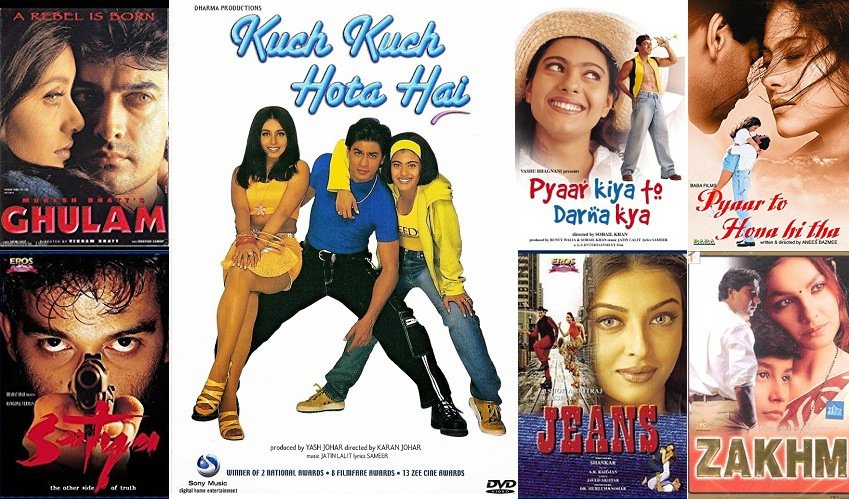
However, what was at one point a symbiosis of star power and great storytelling, started turning into a milieu that became all about the ₹100 cr club.
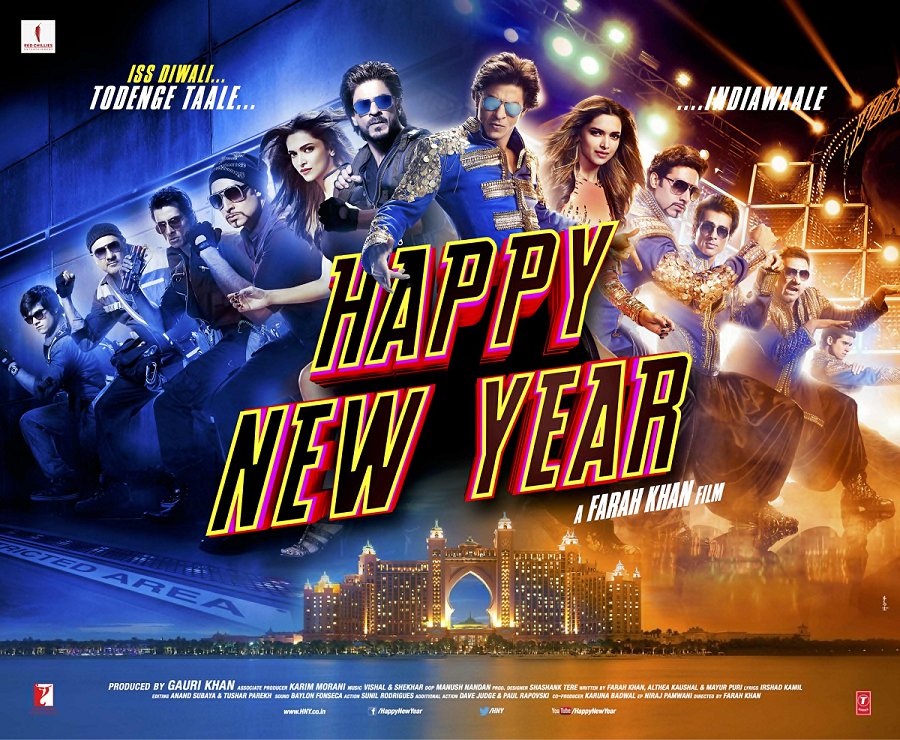
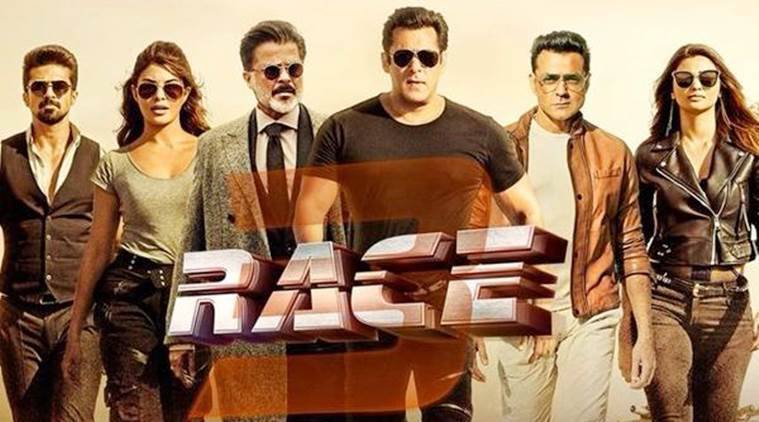
Basic logic, nuanced storytelling, and novel stories all took a back seat as movies catered to the star, and star alone. Barring a few exceptions, movies were reduced to nothing more than fancy albums with remixed songs and over-the-top stunts.
Until the arrival of web series and OTT platforms.
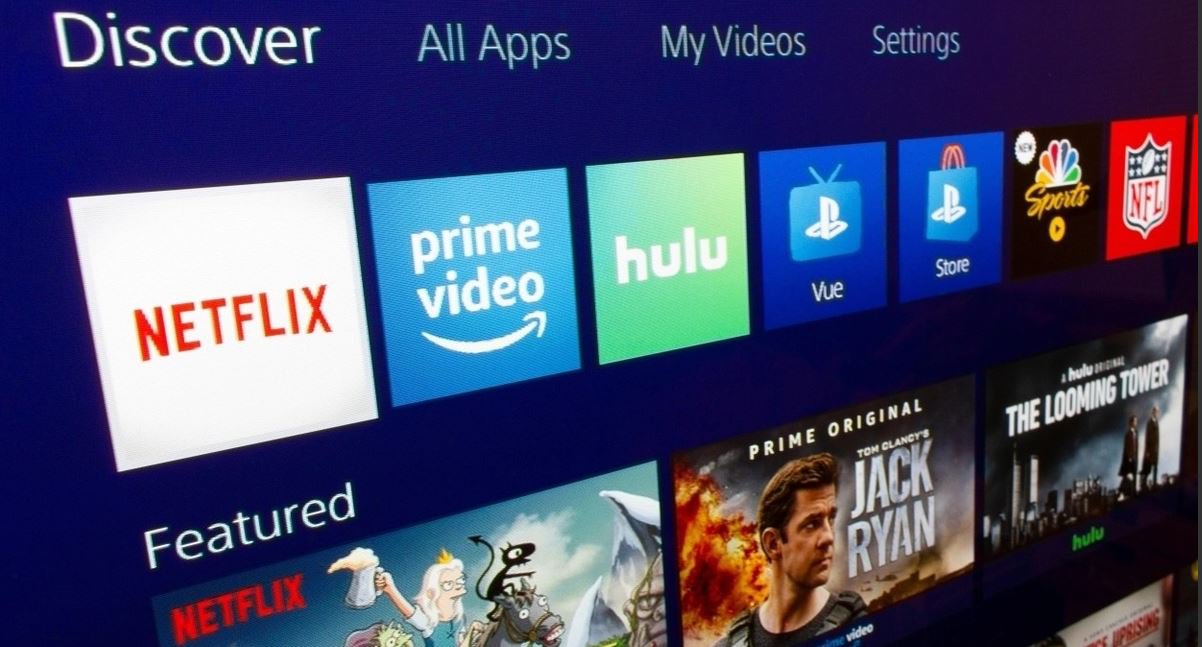
When TVF Pitchers first came out in 2015, Indians were still warming up to the concept of web series.
But though 2015 saw hits (across genres) like Piku, Bajrangi Bhaijaan, Dil Dhadakne Do, Baby, NH10, etc. Pitchers still became the ‘hot topic’ at every office sutta break, and ‘tu beer hai‘ became a perfectly acceptable phrase to use for your friends.
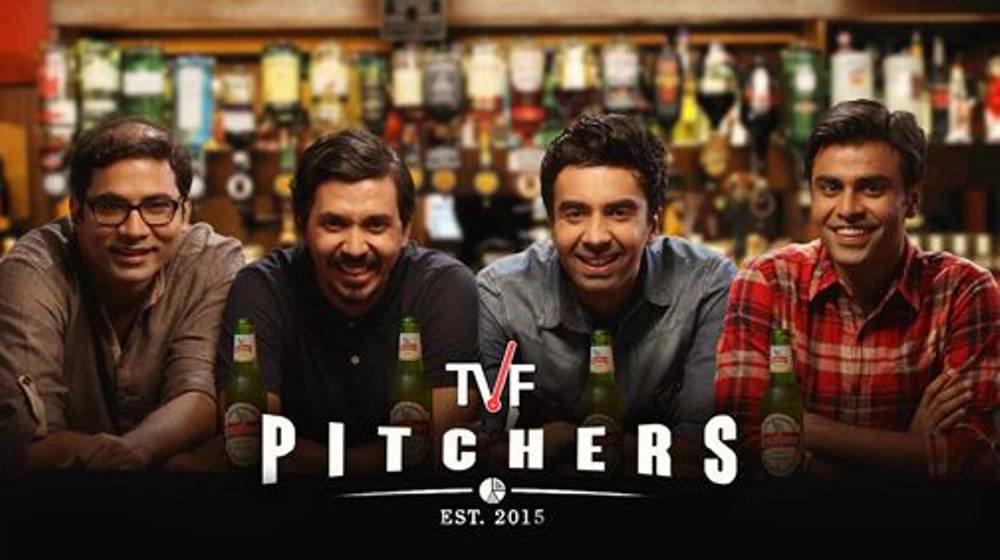
In the following years, YouTube became a platform for discovering more than just songs and old videos. It became the ground for emerging content that was free of censorship, and far more relatable than blockbuster dramas.
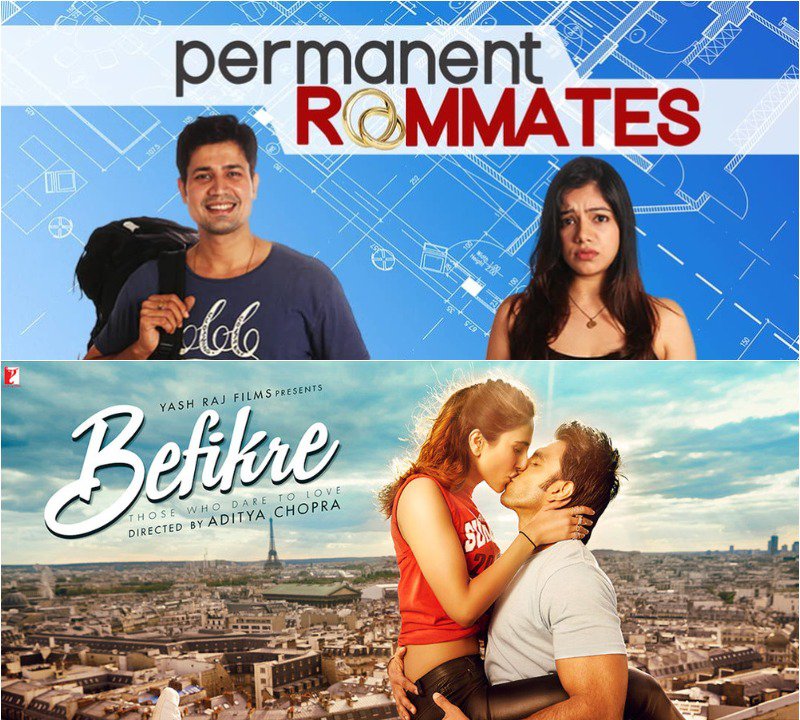
We were no longer crushing on just heroes we saw on the silver screen, except perhaps Fawad.
But we also had our crushes from Baked, Permanent Roommates, Bang Baaja Baaraat, Little Things, and all the other web series that arrived with a frequency that almost matched our speed of binge-watching them.
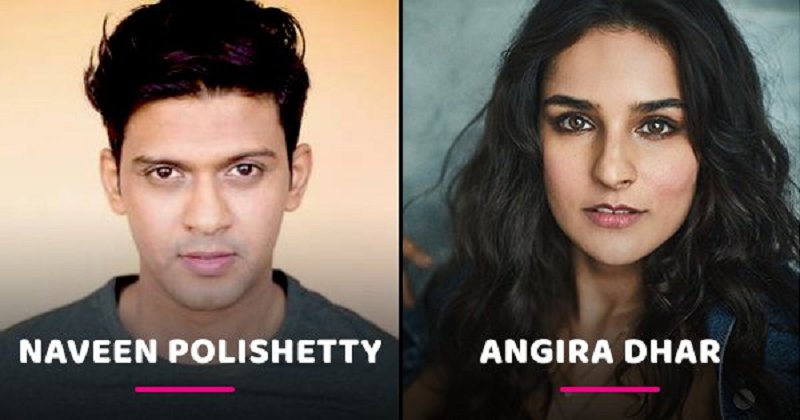
The hunt for a good movie was eclipsed by the hunt for lesser-known web series because we had greater hope of finding the latter. After all, there were only so many times we could see ‘millennial love’ misrepresented on-screen.
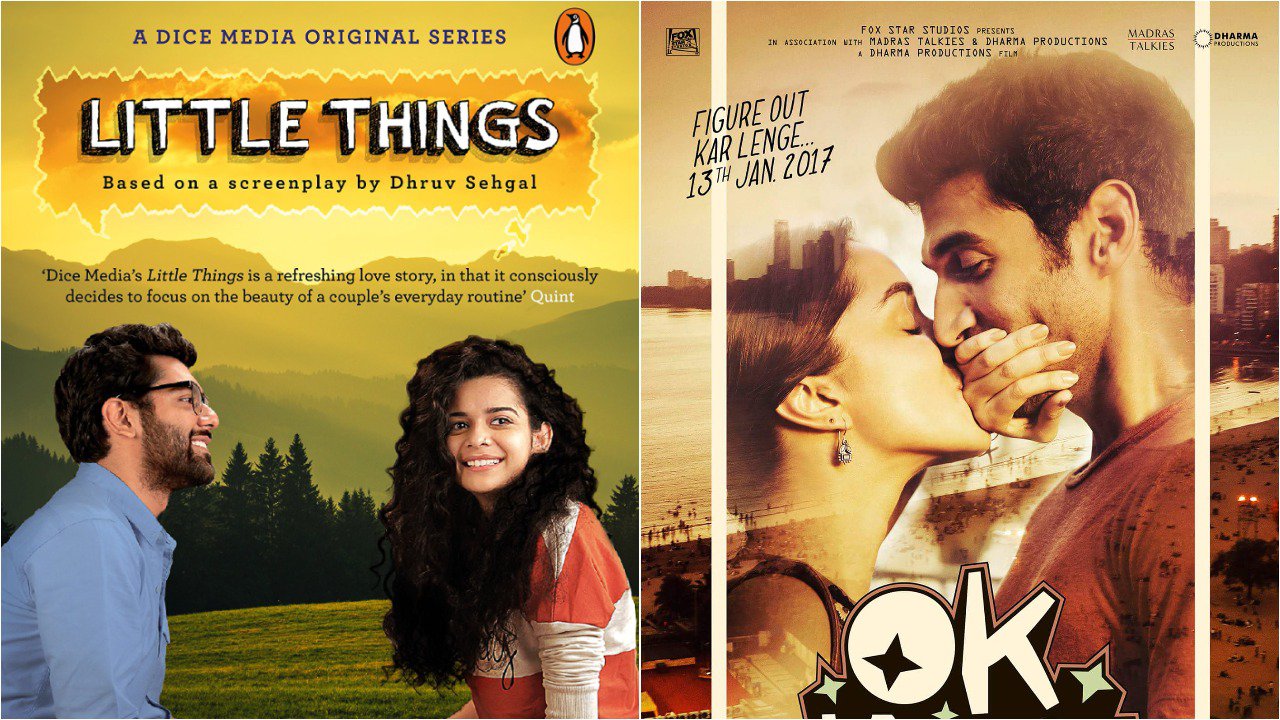
Of course, as soon as Netflix and Amazon Prime Video entered the picture, the concept of “what sells” changed even further.
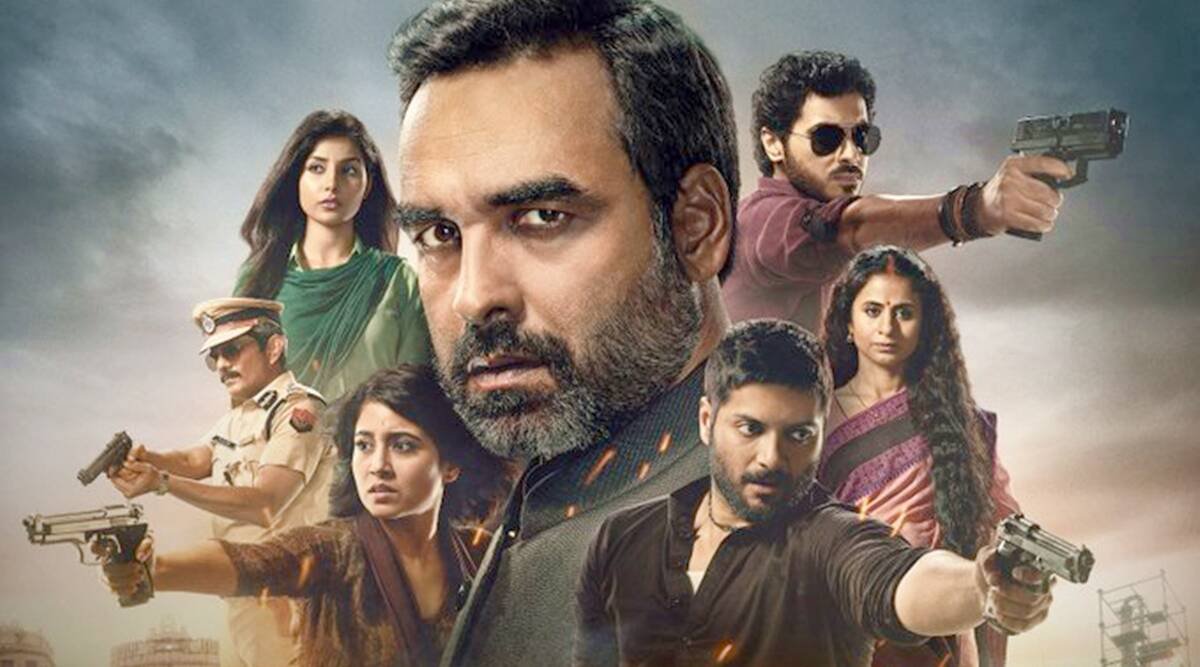
From cops that could do little more than flex their muscles, we had a cop who stumbled his way through a case and had his thumb chopped off by a villain.
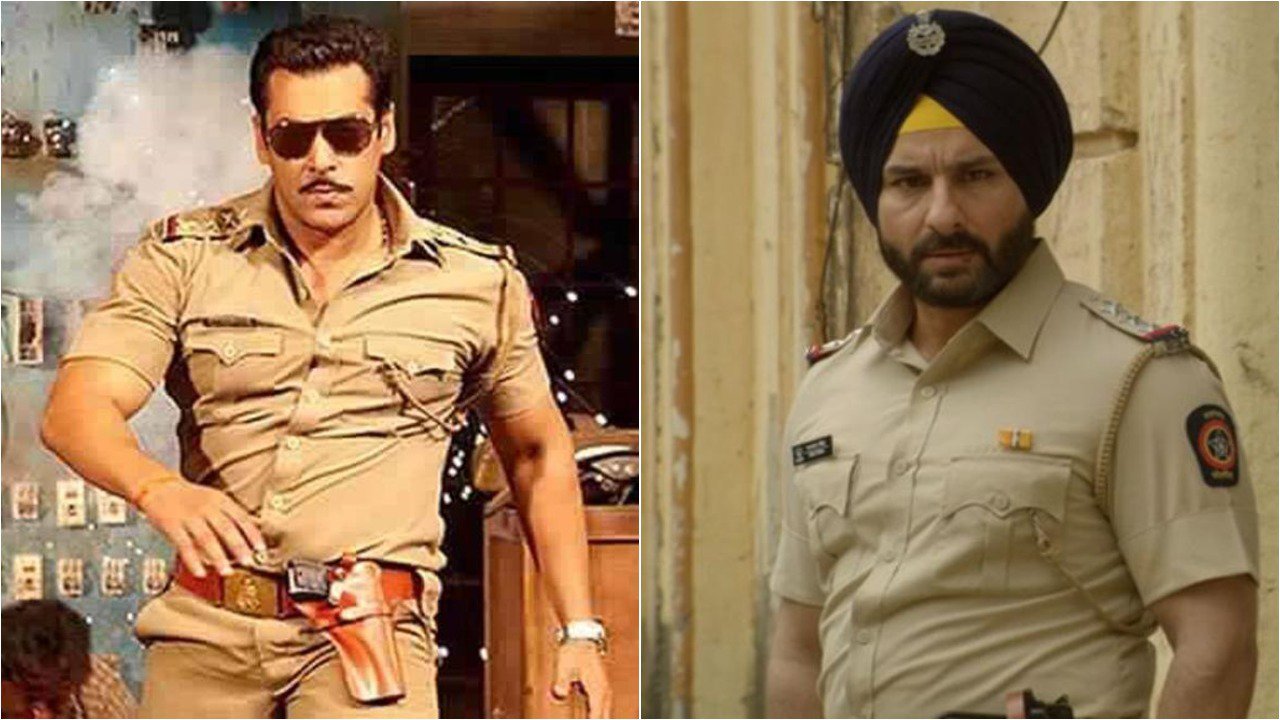
And while stories with macho soldiers still made for a good family entertainer, the story of a secret spy with desi dad tendencies was far more interesting to watch.
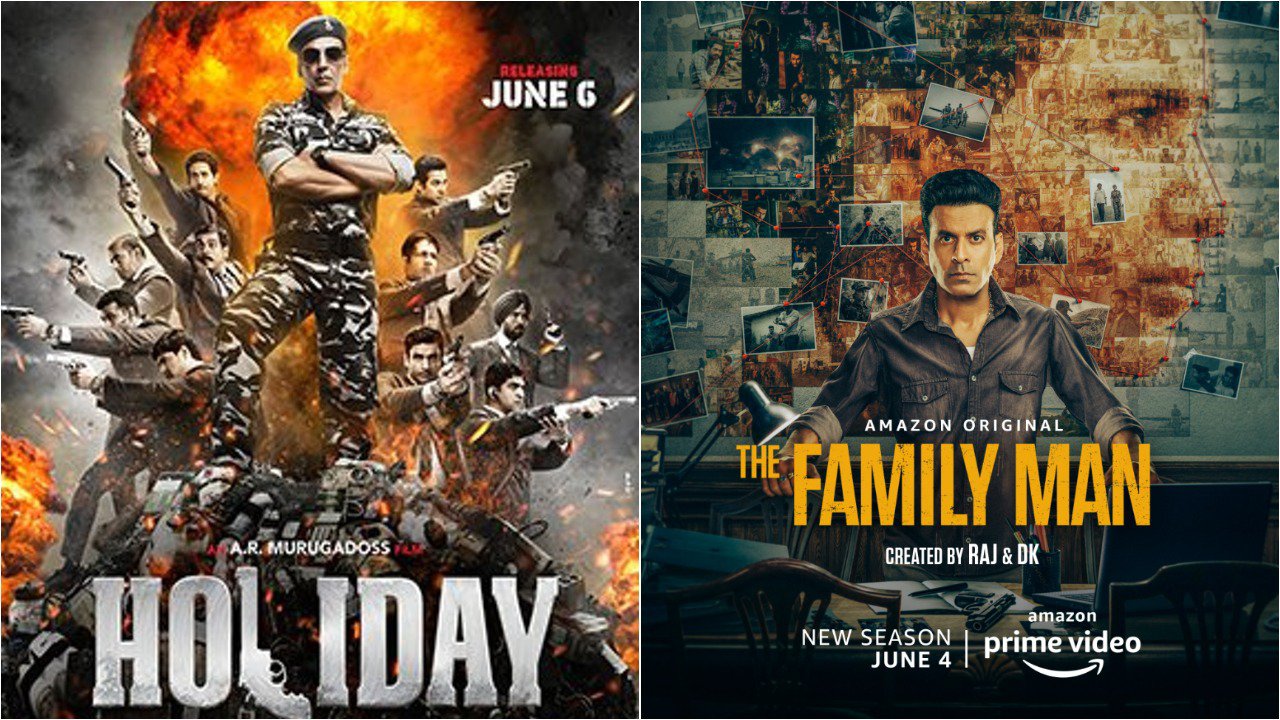
In layman terms, we finally had characters and stories, not just heroes. And the pandemic pushed this divide even more
The movie-going experience was finally replaced by the movie-watching experience. And in the latter, sub-standard plots, regressive dialogues, and exhausted tropes had no place, no matter the starcast.
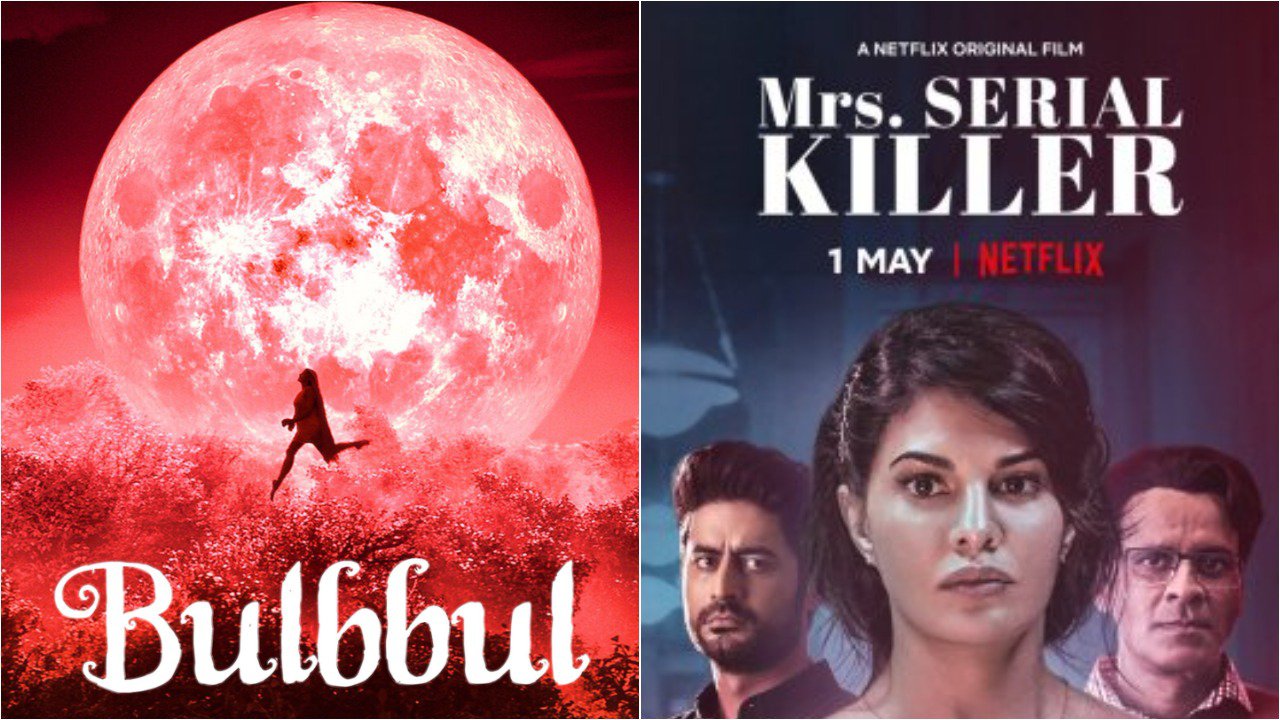
A story of the studying experience in Kota found more fans than ‘students of any year’.
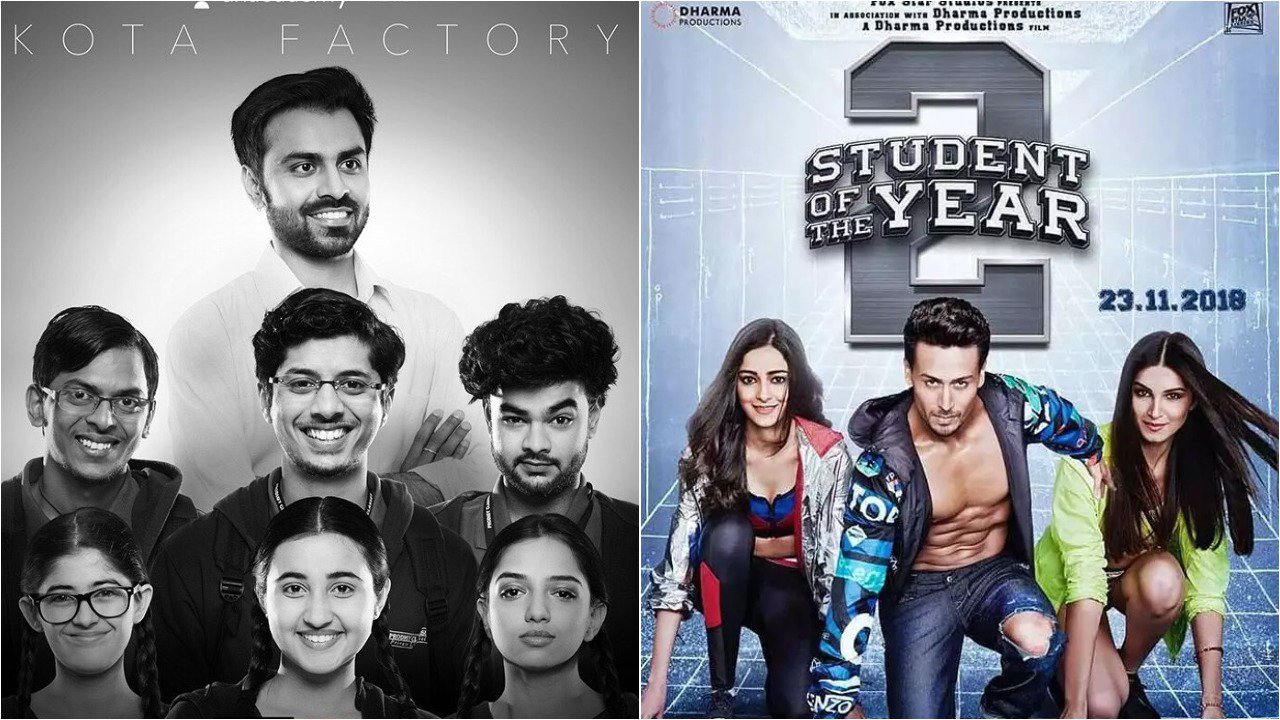
A millennial’s village experience served the kind of simple humor and warmth that received far more love than a recycled comedy that was never fun, to begin with.
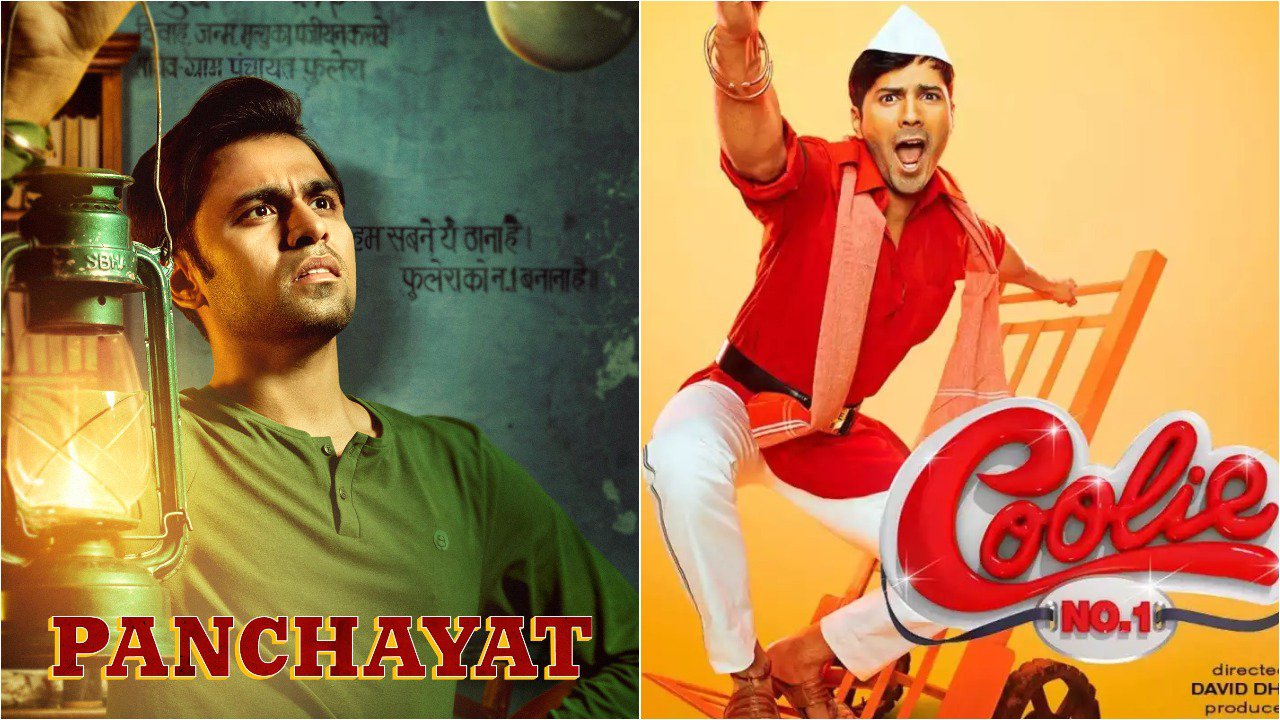
Even movies (some, if not all) made for OTT platforms broke the norm of conventional filmmaking, even as, web series made us proud on an international platform.
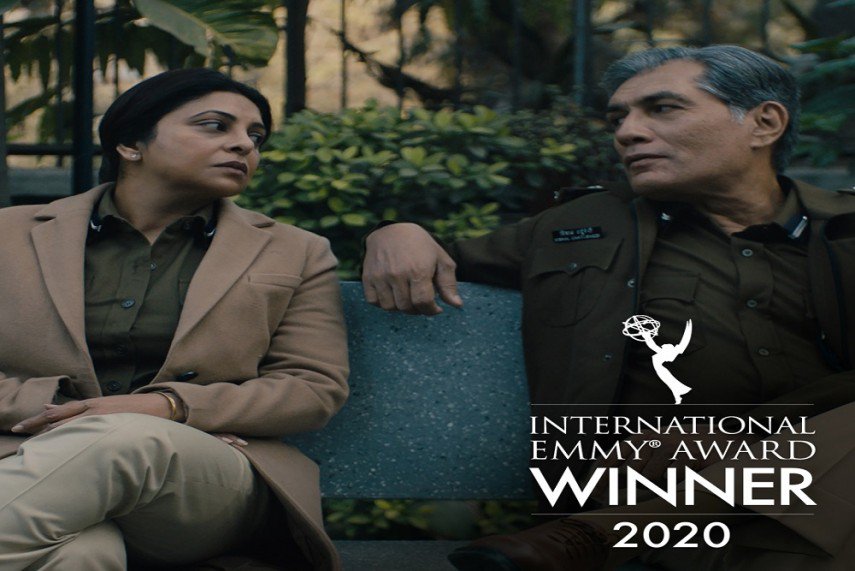
And when creators were no longer buried under the pressure of molding a story to the star, character actors and performers who actually knew their craft emerged as breakthrough performers, proving that they indeed, were ‘bankable’ stars.
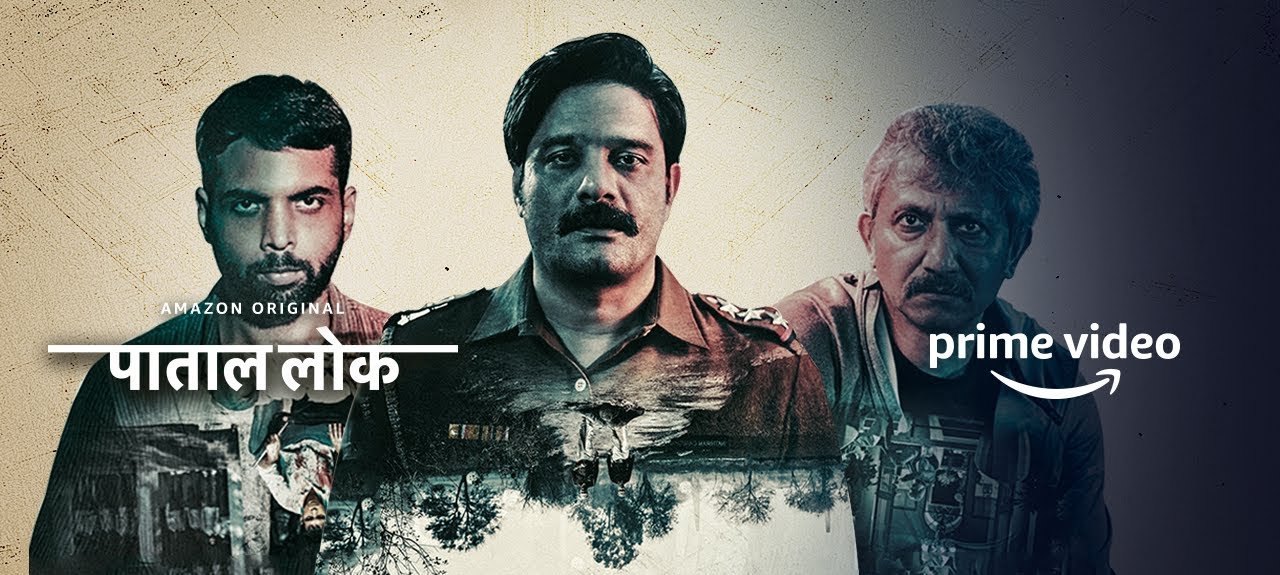
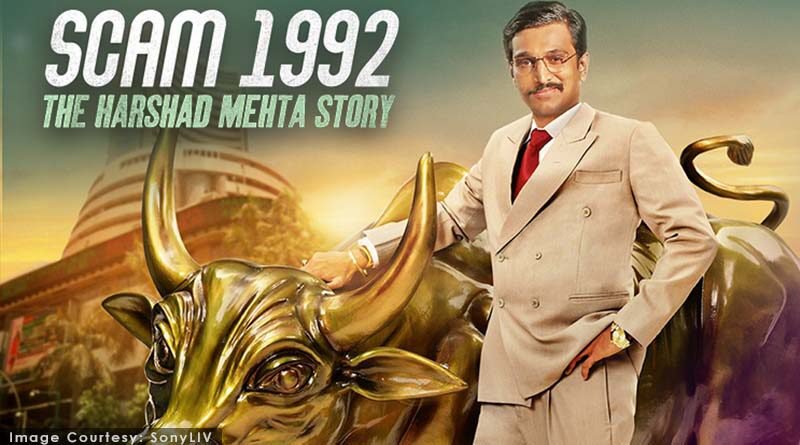
Of course, web series have also faltered. But every time they’ve faltered is when they tried to cater to either the star or the tropes, rather than the story, something we hope the creators take note of. And the government does not curb good content in the name of regulations..
But from adaptations to originals, the world of web series has exploded and crossed the barrier of even subtitles. And the world of movies seems to have taken a back seat.
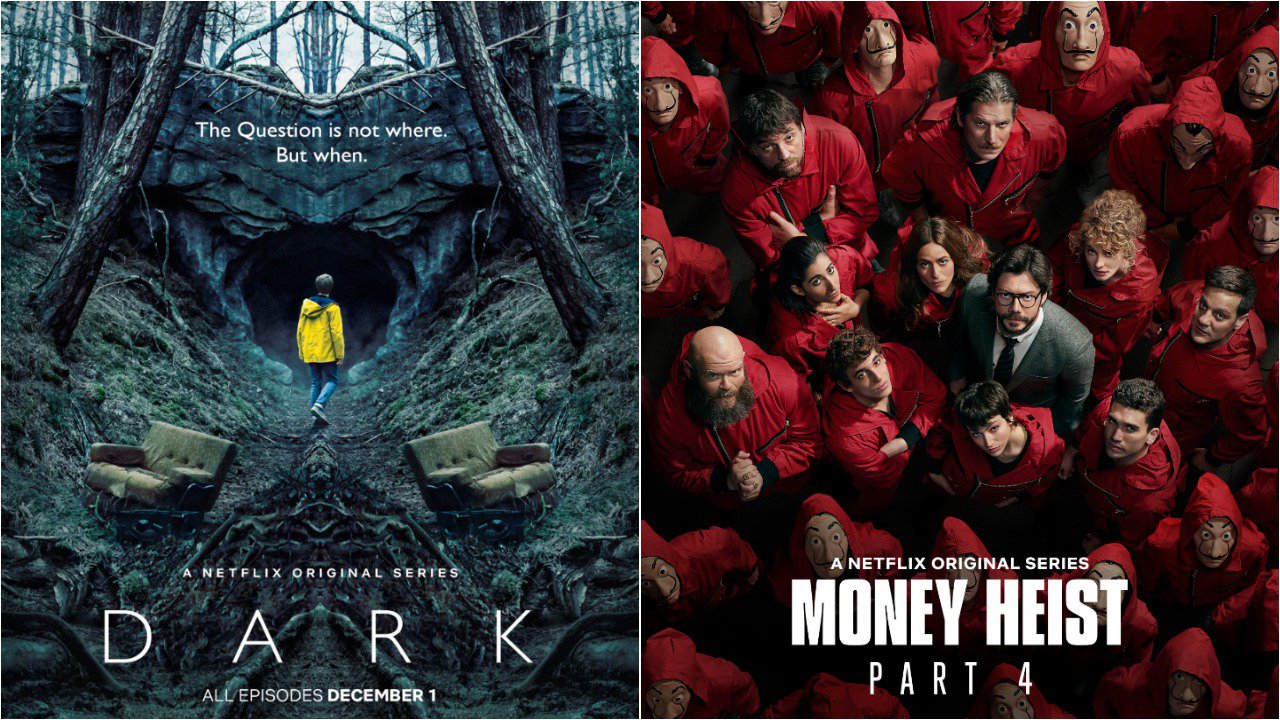
Yes, Bollywood has always swayed between indie and mainstream cinema, and quality content keeps appearing and disappearing in cycles.
But for as long as I can remember, one of the first questions that anyone asked before picking a movie to watch was, “hero kaun hai?” (Who is the hero?). Perhaps, with OTT platforms, one can hope that this question retires and filmmakers realize that while heroes are transient, “story kya hai?” remains an evergreen question.

















